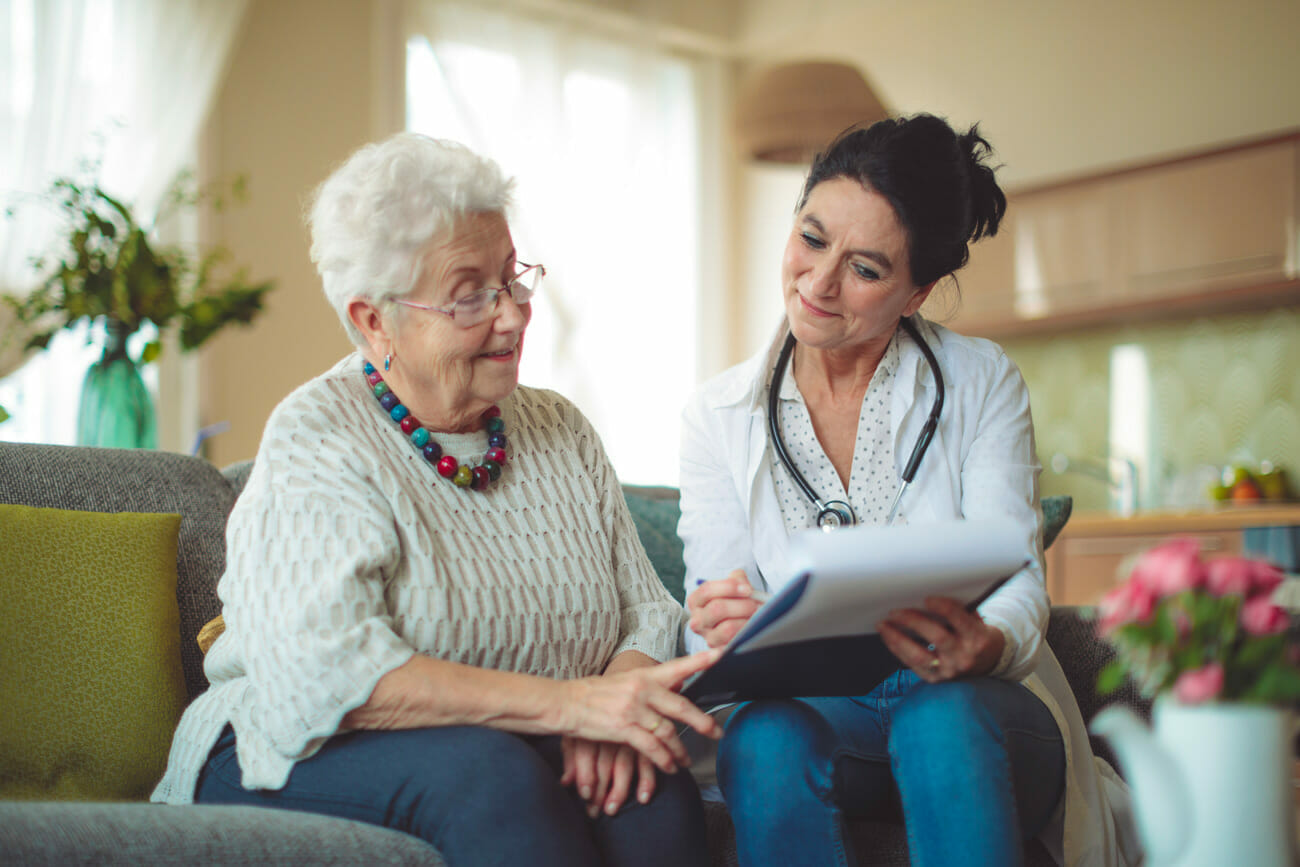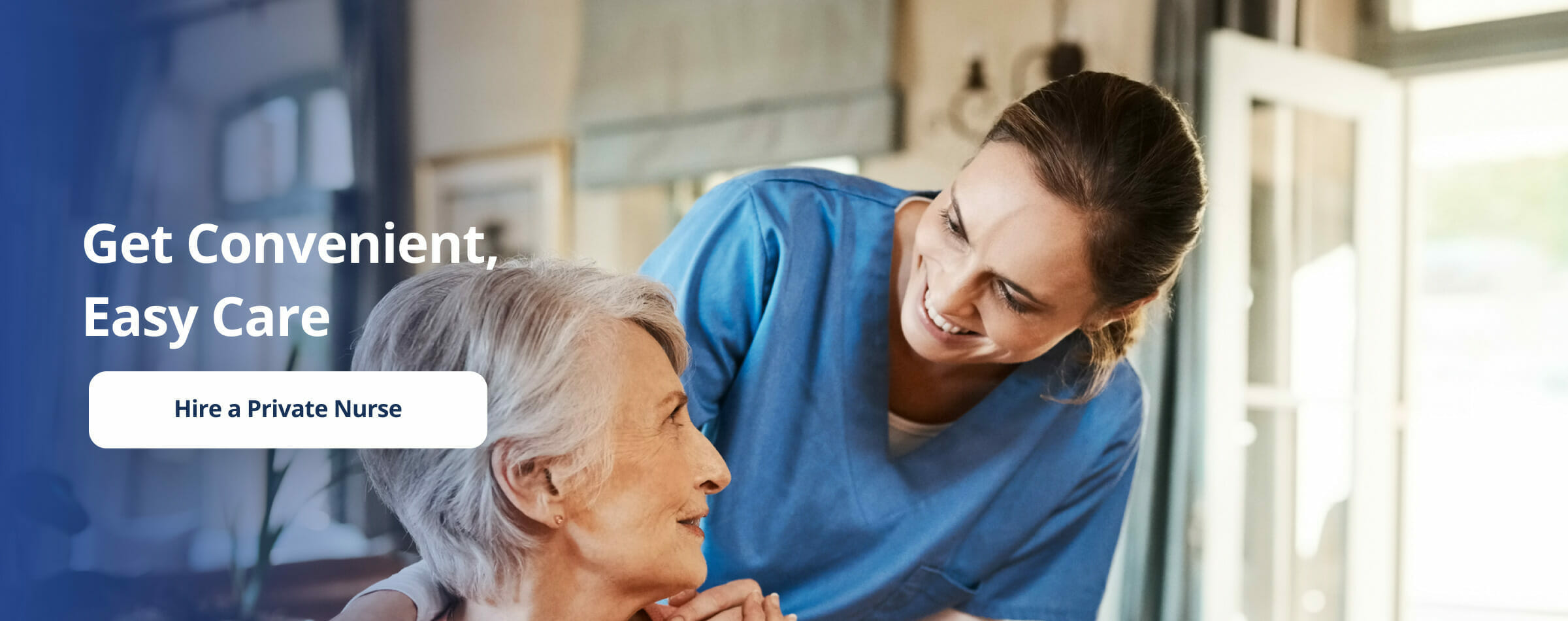As a nurse, keeping your patients safe should be at the forefront of your mind at all times. With 50 million seniors aged 65 and over currently living in the United States, nurses have a tremendous amount of responsibility to provide high quality care to seniors.
Whether you see multiple patients a day for short healthcare visits, you are a live-in caregiver, or you are providing respite care, it’s vital that you ensure the home is safe and free from any hazards.
So, what should and shouldn’t you be doing?
Fall proofing
IN THIS ARTICLE
Seniors are susceptible to falls due to vision, balance and mobility issues. Certain illnesses can cause older patients to become dizzy and fall more frequently, too.
Therefore, you must make a conscious effort to keep a clear pathway for seniors to use, avoid leaving any belongings, such as your bag or coat on the floor, and mop up any water in the bathroom or wet room following bathing.
When a senior is going to be left alone at night, make sure they have a working lamp on their bedside table or above their bed which they can use should they need to get up to use the bathroom or fetch a glass of water during the night.
Medication safety
If you, your colleagues or family members supervise the taking of medication, you must keep it in a safe and secure place that can’t be accessed by your senior patient. Seniors who sort their own medication need to have easy access to it so as not to hurt themselves reaching up for it, so be sure to leave it in an easily accessible location.
You should always keep an eye on dosages, and if you suspect that an elderly patient has taken more medication than they should, seek the advice of a doctor immediately.
Home alone
Devices designed to protect seniors when home alone can be utilized by the older generation.
Before you leave your patient, check that they have their medical alert system on hand—if an emergency occurs, they should be able to request immediate assistance.
It’s important that seniors feel safe as 89% of them wish to age in the comfort of their own home, so reassure them that you’ll lock up for them when you leave if they’re unable to do so themselves and remember to place their front door key back in their key safe and lock it.
Each day millions of seniors rely on nurses to assist them with their healthcare, whether they may have Alzheimer’s Disease, Parkinson’s Disease, or any other condition that makes it difficult for them to navigate day-to-day life.
Nurses hold significant responsibility, and it’s essential for nurses who are entering the homes of their senior clients to maintain a safe environment by following the tips: fall-proofing the home, being mindful of where medication is left, and taking measures to keep the senior safe when home alone.
If you are a senior looking for quality in-home care, call (650) 462-1001 to speak with one of our Care Coordinators about how an in-home nurse can benefit you.






